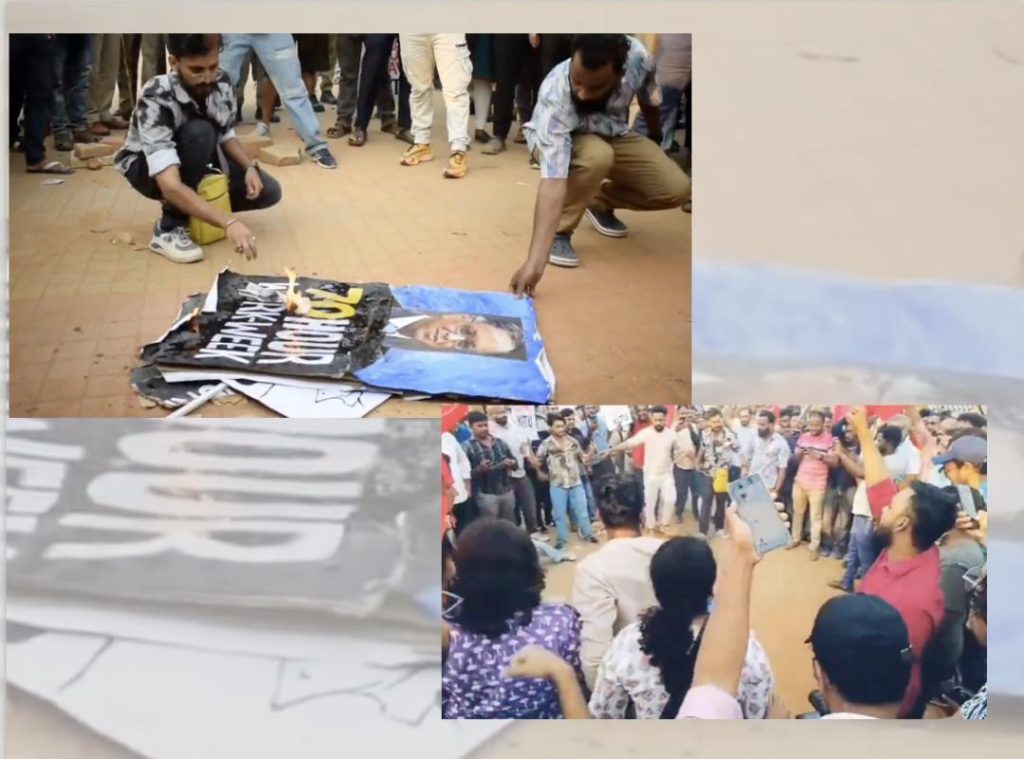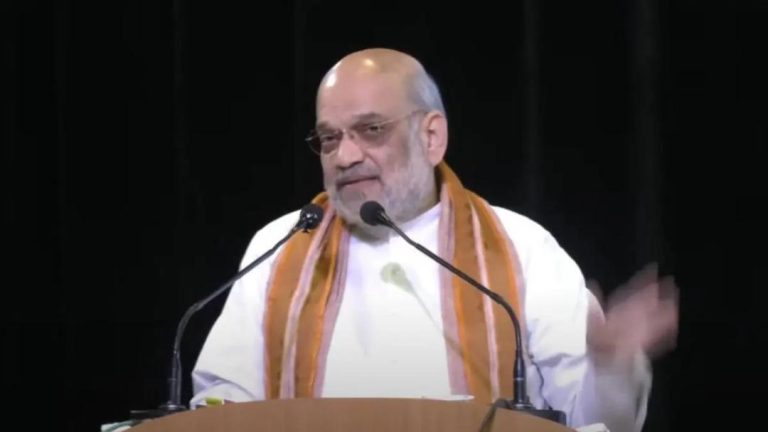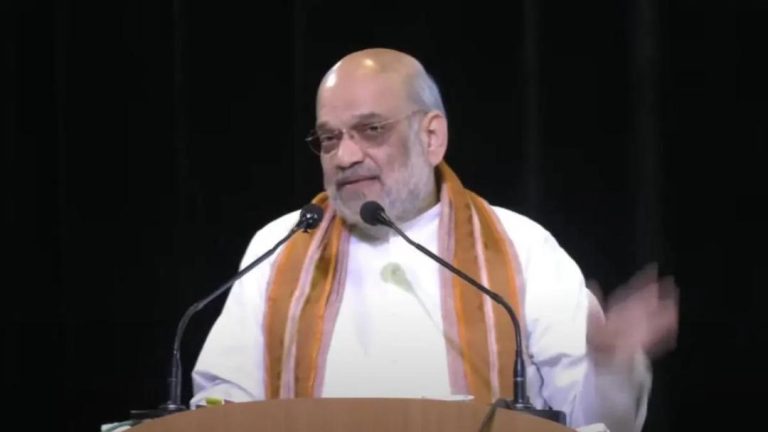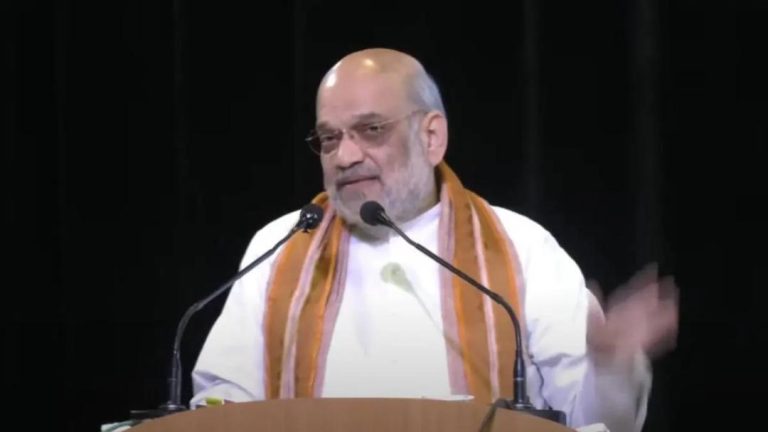
IT Employees Burn Murthy, L&T Chief’s Effigies for Proposing Longer Workweeks
The IT industry in Bengaluru, India, has been plagued by concerns over exploitative work practices, with employees feeling overworked and underappreciated. Recently, the situation took a dramatic turn when IT employees in the city took to the streets to protest against the proposed longer workweeks by two prominent industry leaders. To express their outrage, employees of the Karnataka IT Union (KITU) burnt effigies of Infosys Founder Narayana Murthy and L&T Chairman SN Subrahmanyan.
The incident unfolded on a typical Monday evening in Bengaluru, with employees from various IT companies gathering at the Freedom Park to protest against the proposals made by Murthy and Subrahmanyan. Murthy, in a recent interview, had suggested that employees should be willing to work 70-hour workweeks to keep up with the fast-paced industry. Subrahmanyan, on the other hand, had gone a step further, proposing that employees should be prepared to work 90 hours a week.
The proposals, while not exactly new, sent shockwaves through the IT community, with many employees feeling that they were being asked to sacrifice their personal lives for the sake of their careers. The KITU, which represents the interests of IT employees in Karnataka, decided to take a stand against these proposals and organized a protest to express their discontent.
Despite the Bengaluru Police’s efforts to stop them, employees managed to burn effigies of Murthy and Subrahmanyan, symbolizing their opposition to the proposed longer workweeks. The police, however, did manage to arrest several protesters and confiscate their banners and flags.
The protest was largely peaceful, with employees chanting slogans and waving placards to express their frustration. Many employees shared their personal stories of burnout and exhaustion, highlighting the negative impact that long working hours were having on their mental and physical health.
The KITU has been at the forefront of the movement against exploitative work practices in the IT industry. The union has been demanding better working conditions, including fixed working hours, regular breaks, and adequate compensation for employees. The recent protest was a manifestation of the union’s frustration with the industry’s reluctance to address these concerns.
The development has sent a clear message to the industry leaders that employees will no longer tolerate exploitative work practices. IT employees, who are often seen as the backbone of the industry, are demanding respect and recognition for their hard work and dedication.
The incident also highlights the need for the government to intervene and regulate the IT industry to prevent exploitative work practices. The government has a responsibility to ensure that employees are protected from exploitation and that they are able to enjoy a healthy work-life balance.
In conclusion, the burning of effigies of Murthy and Subrahmanyan by IT employees in Bengaluru is a powerful statement against exploitative work practices. It is a reminder that employees will no longer tolerate being asked to sacrifice their personal lives for the sake of their careers. As the industry continues to evolve, it is essential that leaders prioritize the well-being and happiness of their employees, rather than simply focusing on profits and growth.



